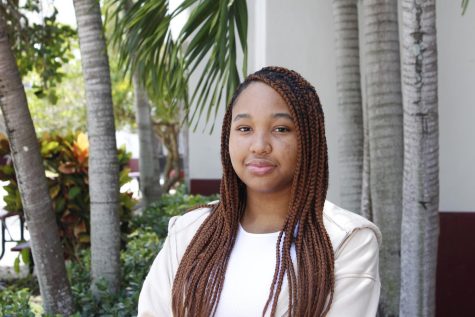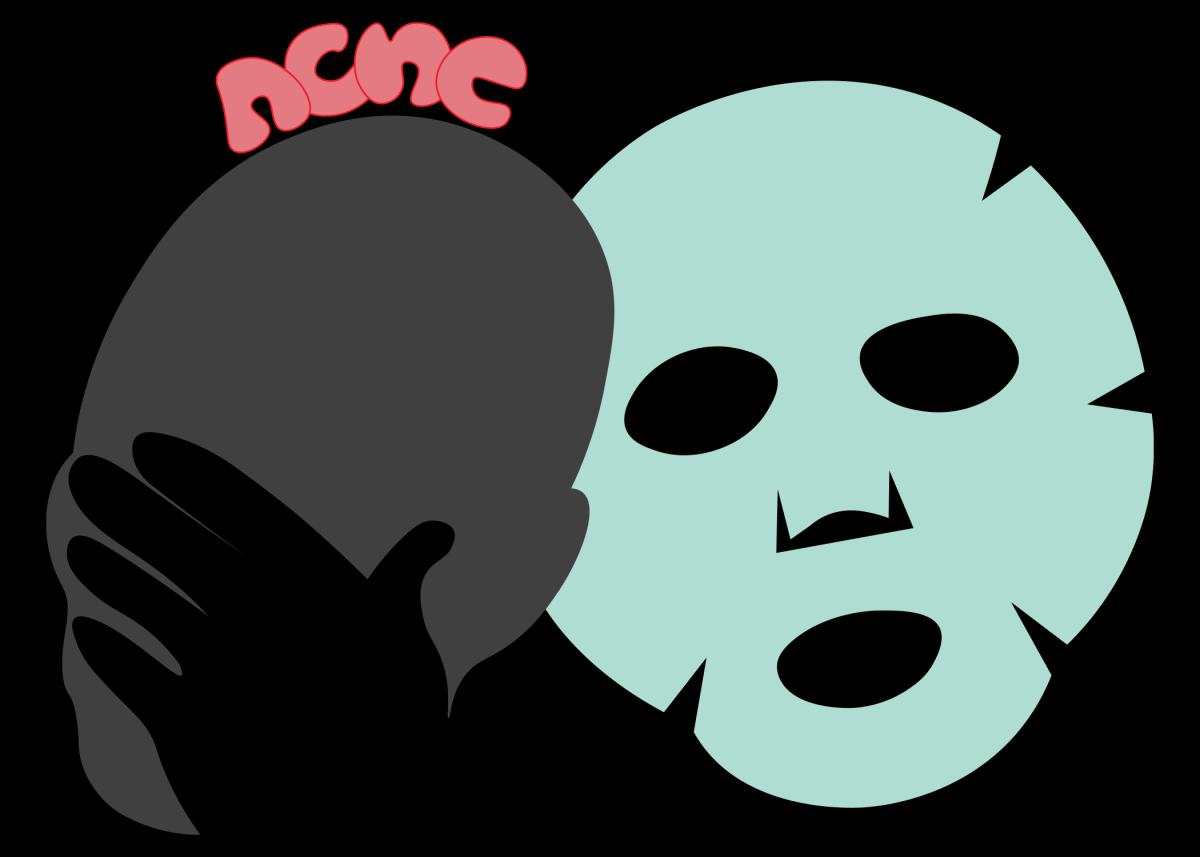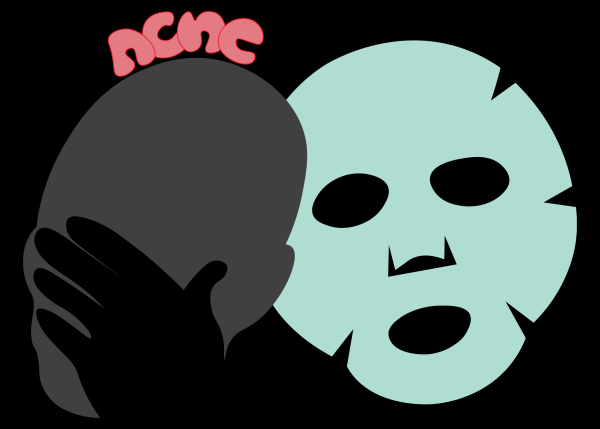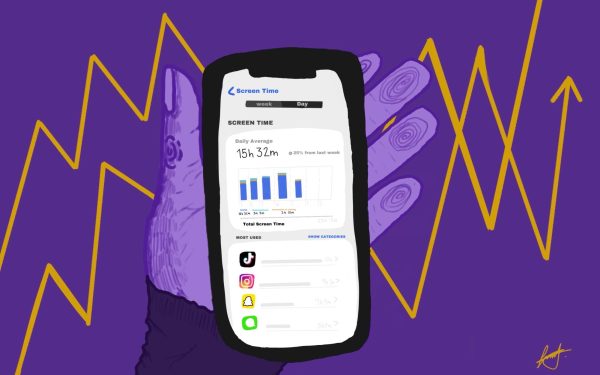[Opinion] Students should learn financial literacy to practice better spending habits
Students set themselves up for a better future by learning financial literacy. It’s common for students to not understand money management, so it’s important to teach them to set them up for success.
April 25, 2023
In high school, many teenagers will begin to get jobs in order to pay for certain purchases. Having a job or car comes with the responsibility of knowing how and when to use your money or figuring out how to spend it properly without becoming completely penniless.
Not having enough money to spend is actually quite common amongst high school students because a lot of the money being spent is spent on items that they may want more than they may need.
It is common to feed into any type of hyper fixation or interests that may cost a lot of money; maybe you read a lot of books and buy five books every two weeks. That’s around $10 to $15 for each book which is around $1,500 roughly in a year. Say you invest your time in drawing. Getting quality supplies that last and are durable is quite expensive in the art world so every month you would be spending roughly $50 to $80 a month depending on how often you run out.
According to a June 2022 article published on cnbc.com, 54 percent of teenagers are unprepared for dealing with their personal finances and are worried about how they will achieve their goals with money in the future.
Learning about financial literacy now can keep you away from ending up with serious debts that you may spend most of your life trying to pay off. Being successful at a young age may be something that a student wants to aim for, and it may release a major burden off your shoulders to know that you are financially stable while trying to achieve such goals.
Only 19 percent of people were actually able to respond to questions about financial literacy correctly according to a 2022 article posted on investopedia.com, a website made to help people understand how to manage their financial situations. Teaching financial literacy in schools can help steer people away from debt and also increase their knowledge on how to manage their money.
Knowing how to effectively manage your spending habits is a different story. Simply starting out by listing your wants and needs can be a way out which things you buy more often and which items you buy the least often. Setting aside savings for the money you receive from jobs or investments can help you reach any future financial goals you may want to meet.
Give yourself a limit to how much you should actually spend a week to keep yourself from overspending or becoming broke.
According to a 2018 article published on echowealthmanagement.com, a website that informs teens on how to become successful financially, some companies will try to convince you that you are spending free money while in reality you are just giving yourself higher interest fees to pay which can be pretty dangerous. That’s a reason to choose the right credit card and save yourself from having leftover debt.
Investing is a strategy that can be used to easily reach your financial goals overtime while managing school. Starting early can also help you learn how to actually manage your own stocks without creating major problems that you most likely won’t want to deal with in the future.
According to a 2022 article published on thebalancemoney.com, a website that makes financing easier for people to understand use in their daily lives states that, if a teenager invests $150 every month, by the time they’re 60 in compound interest they would have more than $1.3 million dollars saved. Since starting early has many benefits like this one, it would be beneficial to start learning now at school.
Saving money, investing and learning how to spend your money are all ways students can practice better spending habits. Once students have well-rounded knowledge of what to expect for their future financial lives, it will be easier for them to be prepared for adulthood.























